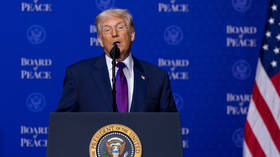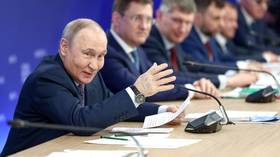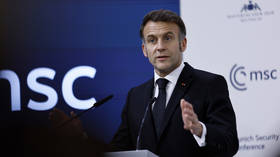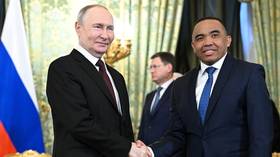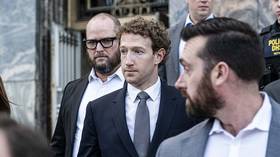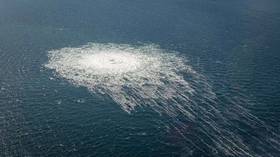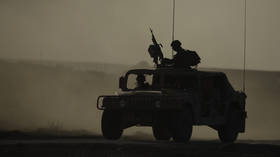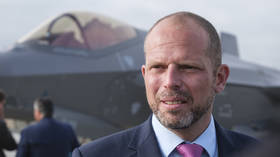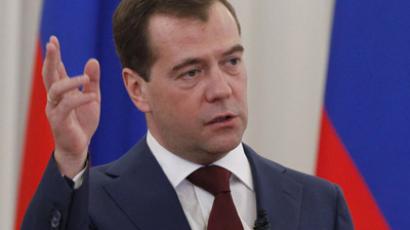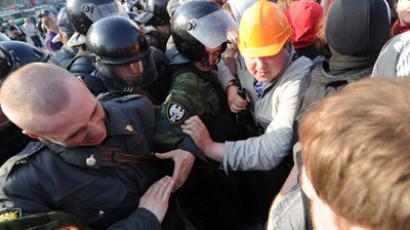Putin reloaded or Putin reformed?
Vladimir Putin's re-taking of Russia’s top job comes amid global economic turndown, domestic uncertainty and growing criticism. Many say he cannot play the same political tune for much longer, even if the majority of the public liked it in the past.
Putin achieved a landslide re-election victory, promising vast reforms from a major crackdown on corruption to diversifying the economy and raising living standards.But not everyone is convinced. The opposition has been gathering in the largest numbers Russia has seen for decades after claims of large-scale fraud in December's Duma vote.Just a day before Putin’s inauguration, Moscow saw violent clashes between law enforcers and opposition protesters, arguably the worst such event since the 1993 constitutional crisis. An estimated 47 people were injured; the majority of them – 30 people – were policemen. By comparison the December 2010 riot of football fans in Moscow resulted in 29 rioters and five policemen wounded.The outbreak of violence came out of the blue, as a number of previous anti-government demonstrations were peaceful. The rally was apparently hijacked by a number of radical protesters, who triggered the clashes. Prior to the events there was a wide consensus among political observers in Russia that the protest movement was on the decline, both in terms of active supporters and the degree of confrontation.The turmoil continued into Monday, although on a much smaller scale and with less intensity. More than 200 people, including opposition leader Boris Nemtsov, have been detained in central Moscow, police reported. They were trying to hold several unsanctioned demonstrations, including a march towards the Kremlin, in protest against the presidential inauguration of Vladimir Putin.These clashes send a clear signal to Putin, as he comes back for a third presidential term, that he has to find a way to deal with this new-found hostility.On the bright side, the newly-elected president no doubt has a majority of support across Russia and is credited with extraordinary development in the country. Putin can and does deliver change domestically in his favorite areas – social policies and the economy – pundits say.“On these three key issues, WTO entry, privatization, and investment climate reform, we see Putin changing his emphasis and direction on particular issues in a way which corresponds with the political shift,” explained Jacob Nell from the Russian branch of Morgan Stanley.But what would be needed now is more about image, public relations and appealing to the younger generation. The current dissent is most evident on the web. Russians have never been more active in politics. Blogs, twitter, Facebook are something Putin will have to embrace if he wants to stay in touch.“He has to participate otherwise he will be excluded and you’ll have the other Russia, which talk their own language and the president will talk his own language,” author and expert on Russia Martin McCauley told RT.In a sense, Putin has fallen victim to his own long political career, he added.”Any leader who’s been in power for five, six, seven years is in a difficult position because people get used to him and they take him for granted. He has to then reinvent himself,” he said.Russian political blogger Andrey Ryvkin agrees."He needs to set out for reform, and not reform on paper, but something real, something that both the opposition and, you know, the regular people not just in Moscow but all throughout Russia can see that this is really Putin 2.0,” he believes.The question now is whether or not Putin can and is willing to face this challenge.


